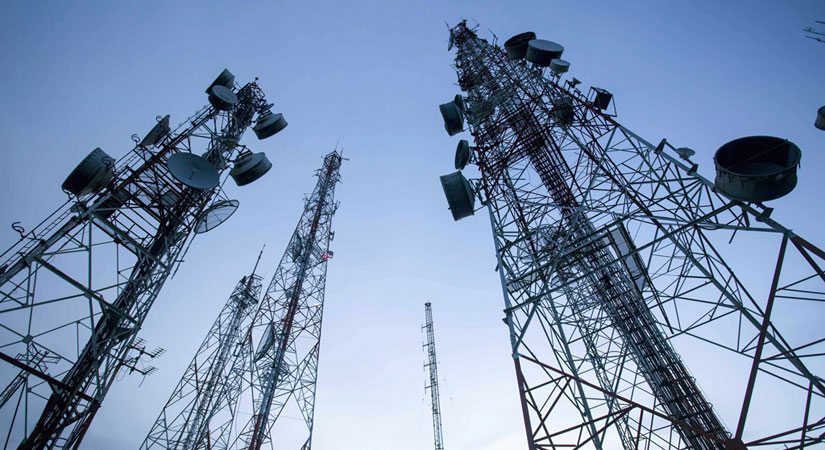The capital expenditure (Capex) of the “incumbent” telecommunications companies is expected to rise by up to 25% by 2021, driven by regulatory demand and the projected commercial launch of telco startup DITO Telecommunity Corp. in March, Fitch Ratings said. The country’s new common-tower policy is also likely to hasten tower builds and access to cell-sites, which were previously held up by the lengthy regulatory approval process for permits
In its latest non-rating action commentary, Fitch Ratings said: “We forecast the incumbents’ capex will increase by 20%-25% in 2021. The Philippines has among the highest capex/revenue ratios in Asia-Pacific, at around 40%.”
Fitch Ratings noted both PLDT Inc. and Globe Telecom, Inc. will be “accelerating their network rollout in mobile and fiber broadband in the coming quarters,” ahead of the commercial launch of DITO Telecommunity, which targets to cover “37% of the national population over the next six months.”
Ernest L. Cu, president, and chief executive officer of Globe, said at a briefing last week that the Ayala-led telco would build fiber-to-the-homes “more aggressively” in 2021 to address the increasing demand.
Also last week, PLDT said in a statement that it was aiming to extend its current 395,000-kilometer footprint “by another 81,000 kilometers.”
Smart Communications, Inc. also intends to add “about 2,000 cell sites next year,” PLDT added.
The rating agency also expects the telco sector’s revenues to grow “by mid-to-high single digits” next year, “driven by fast-expanding home broadband services and localized competition in mobile.”
PLDT saw its attributable net income for the third quarter grow 95% to P7.41 billion. Its revenues increased 10% to P46.49 billion, driven by the spike in customer demand for digital services amid a pandemic crisis.
Meantime, Globe saw a 22% decline in its attributable net income for the third quarter to P4.39 billion.
Globe’s service revenues declined 3% to P36.68 billion, driven by the sustained drop in traditional voice and mobile SMS revenues.
PLDT outperformed the industry for the fourth consecutive quarter in 3Q20, gaining another 0.9pp to 55% of total telecom revenue. The strong performance stemmed from strong execution in wireless and fiber-broadband services (both 9% YoY growth). Meanwhile, Globe’s quarterly revenue fell 3% YoY due to weakening mobile revenue (10% YoY decline).
Source: FitchRatings ; BusinessWorld
*The owner of StockBytes PH is a licensed stockbroker, contact us if you want to open a broker-assisted or online account, We also do portfolio management for P500k+ Investment.
Ready to start your financial journey? email us at [email protected] or follow our social media account and join our groups, Cheers!





